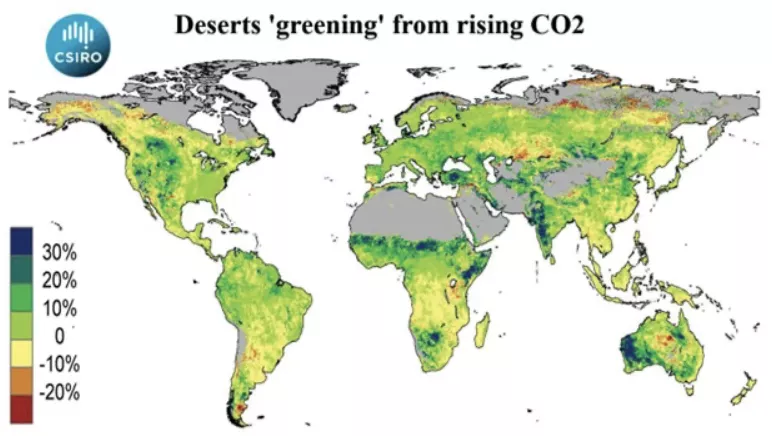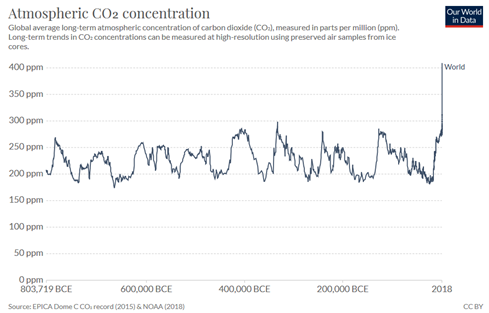Checkthisout
Solar Wizard
- Joined
- Nov 14, 2021
- Messages
- 4,810
I see the people giving you marching orders are having a contest for worst video thumbnail.




 www.dnkpower.com
www.dnkpower.com



And yet we're over 300 ppm (we're at 423 ppm) and we're still warming. In fact, we passed 300 ppm around the turn of the prior century (1900s). During the last ice age, we were about 280 ppm. So physical evidence says otherwise (see image right). It's been debunked so many times anyone that's researched it at all must know it's a lie, so good chance your source knew and is purposefully misleading you. Their argument is based on wavelength absorption (Plank's law) which is correct, but it doesn't consider simple things, like the Earth is spherical, has gravity, or how energy moves through the atmosphere. The effect, and why CO2 PPM matters is fascinating, and discussed in this video. The frequency "ditch" the lie refers to is discussed starting at 11:28. | 
|


Really not sure, I just cross posted it from a coal burning forum I'm part of.
And yet we're over 300 ppm (we're at 423 ppm) and we're still warming. In fact,
we passed 300 ppm around the turn of the prior century (1900s). During the last
ice age, we were about 280 ppm. So physical evidence says otherwise (see image
right). It's been debunked so many times anyone that's researched it at all must know it's a lie, so good chance your source knew and is purposefully misleading you.
Their argument is based on wavelength absorption (Plank's law) which is correct, but
it doesn't consider simple things, like the Earth is spherical, has gravity, or how energy moves through the atmosphere.
The effect, and why CO2 PPM matters is fascinating, and discussed in this video.
The frequency "ditch" the lie refers to is discussed starting at 11:28.
It's pretty common, I'd say you could cross-post back that it's wrong, but they sound like a tough crowd ; -)Really not sure, I just cross posted it from a coal burning forum I'm part of.
Except it's not fake. But I get it. For most people climate change is around worry number 10. There's so many stupid things going on (e.g., the U.S. vs. itself, Middle east on the brink, Ukraine conflict, fight over critical minerals) and the margin for error in handling them has never seemed smaller.I really could care less because there are much larger issues to deal with than manfaked climate change.
Have at it. There is actually some pretty good discussion at times.It's pretty common, I'd say you could cross-post back that it's wrong, but they sound like a tough crowd ; -)
Climate change isn't fake, I'm not disputing that. It's been changing for millennia.Except it's not fake. But I get it. For most people climate change is around worry number 10. There's so many stupid things going on (e.g., the U.S. vs. itself, Middle east on the brink, Ukraine conflict, fight over critical minerals) and the margin for error in handling them has never seemed smaller.
Climate warming doesn't care, and unlike the others it isn't a fear it might happen... it is happening.
True words! But it's never changed as rapidly before, nor has it been over 300 ppm for over 800,000 years (that's a few ice ages). It's been higher back in the time of the dinosaurs, but not since Neanderthals have been roaming around.... | 
|



